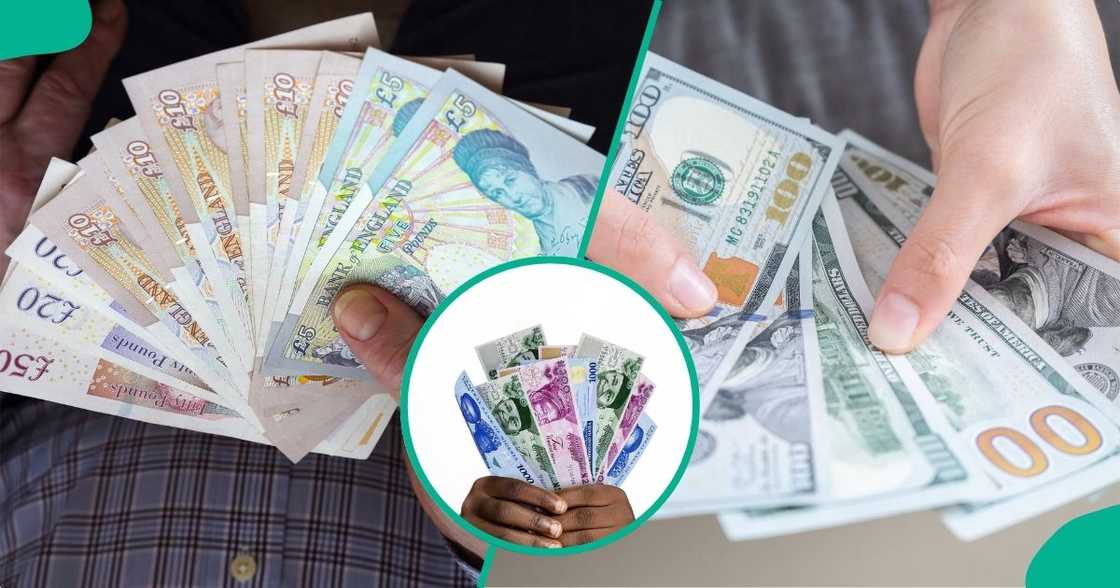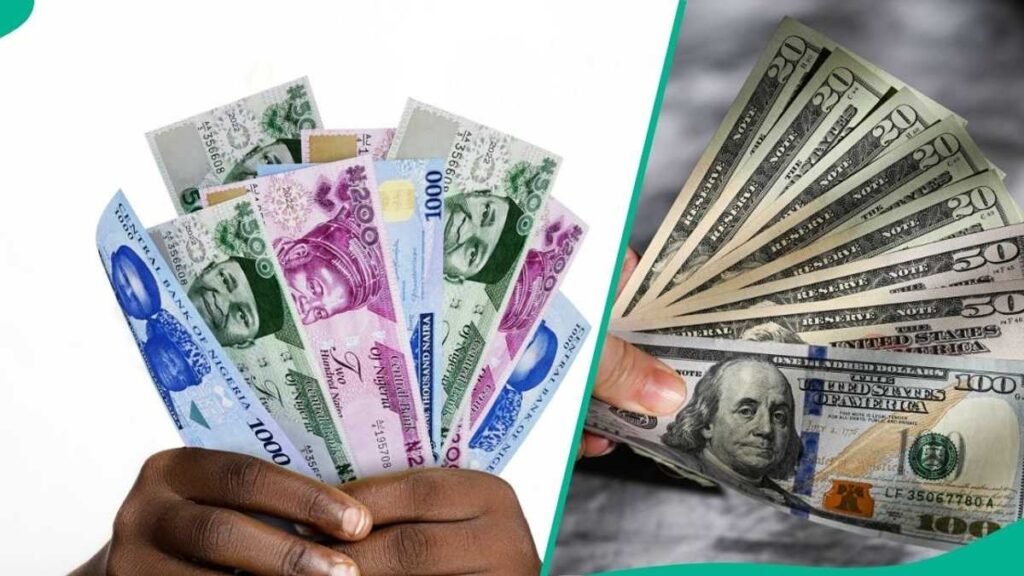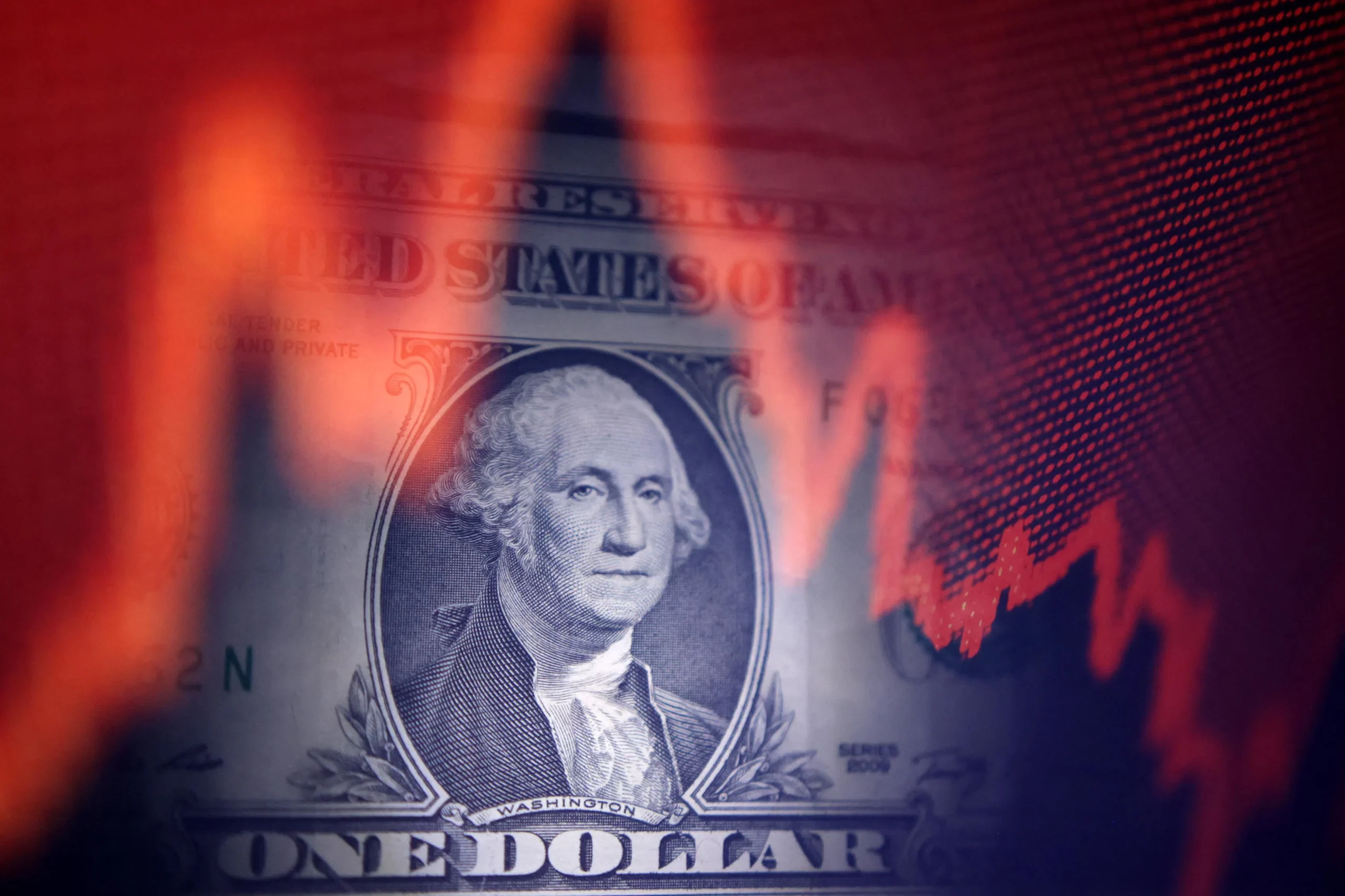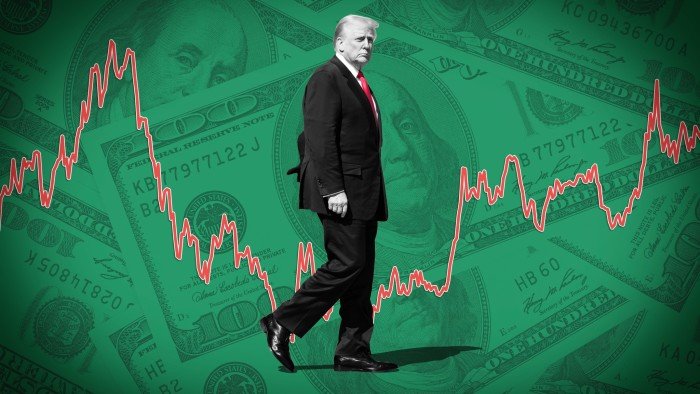- The Nigerian currency, the naira, has rebounded after a brief depreciation in the official window following a surge in FX inflows
- Data from the Central Bank of Nigeria (CBN) indicate that the FX market experienced a resurgence as investors bet on banking stocks
- Also, Nigeria’s foreign reserves are basking in massive inflows from 21 sources, which is propelling it near the $40 billion mark
Legit.ng’s Pascal Oparada has reported on tech, energy, stocks, investment and the economy for over a decade.
The Nigerian naira recorded a marginal gain against the US dollar at the Nigerian Foreign Exchange Market (NFEM), supported by sustained liquidity and reduced funding pressure.
Data from the Central Bank of Nigeria (CBN) revealed that the naira appreciated to N1533.73 per dollar, up from the previous day’s N1534.43, marking a modest but significant gain in a tightly controlled market.

Credit: Picture Alliance/Contributor
Source: Getty Images
FX reserves near $40 billion after 21 inflows
In intraday trading, the naira fluctuated between a high of N1535.99 and a low of N1531.99, before settling at N1535.
Analysts say this range-bound movement reflects continued confidence in the FX market, underpinned by inflows from exporters, foreign portfolio investors, and international oil companies.
One of the most notable developments is the steady rise in Nigeria’s external reserves.
CBN’s latest FX update shows reserves have climbed to $39.994 billion, driven by 21 separate inflows. While the source of the inflows remains undisclosed, market analysts believe it includes export earnings, foreign investments, and oil receipts.
The surge in reserves is helping the CBN keep the official FX market stable despite global headwinds.
It’s also boosting investor sentiment, with many seeing the growing buffer as a sign of Nigeria’s improved capacity to meet dollar demands.
Parallel market weakens as demand spikes
In contrast to gains at the official window, the naira weakened in the parallel market, closing at N1560 per dollar.
Bureau de Change (BDC) operators cite sharp increases in demand for dollars for unofficial transactions, including tuition fees, medical travel, and online payments.
Supply to BDCs from commercial banks has reportedly declined, forcing traders to rely on peer-to-peer transactions.
This has widened the gap between the official and black market rates, creating concerns about market distortion and speculative trading.
Global commodities react to geopolitical tensions
Meanwhile, international commodity markets experienced mixed reactions. Crude oil prices dipped following news of an expected meeting between Russian President Vladimir Putin and U.S. President Donald Trump, hinting at a possible diplomatic end to the Ukraine war.

Source: Getty Images
Brent crude fell by 48 cents to $66.41, and U.S. WTI slipped to $63.81.
However, gold surged to a two-week high, with spot gold rising by 0.60% to $3,389.40 per ounce, as investors sought safe-haven assets amid trade tensions and weaker U.S. job data.
Traders, currency dealers quote dollar at new rate
Legit.ng earlier reported that after a few days of rallying in the Electronic Foreign Exchange Market (EFEMS), the Nigerian naira continued its losing streak into the new year.
The local currency recorded three days of losses in EFEMS despite moderate demand for the naira in the first week of 2025.
Data from the FMDQ Exchange showed that the naira opened trading on Wednesday, January 8, 2025, at N1,536 per dollar and closed at N1,541.70, representing a 0.30% depreciation.
PAY ATTENTION: Сheck out news that is picked exactly for YOU ➡️ find the “Recommended for you” block on the home page and enjoy!
Source: Legit.ng









